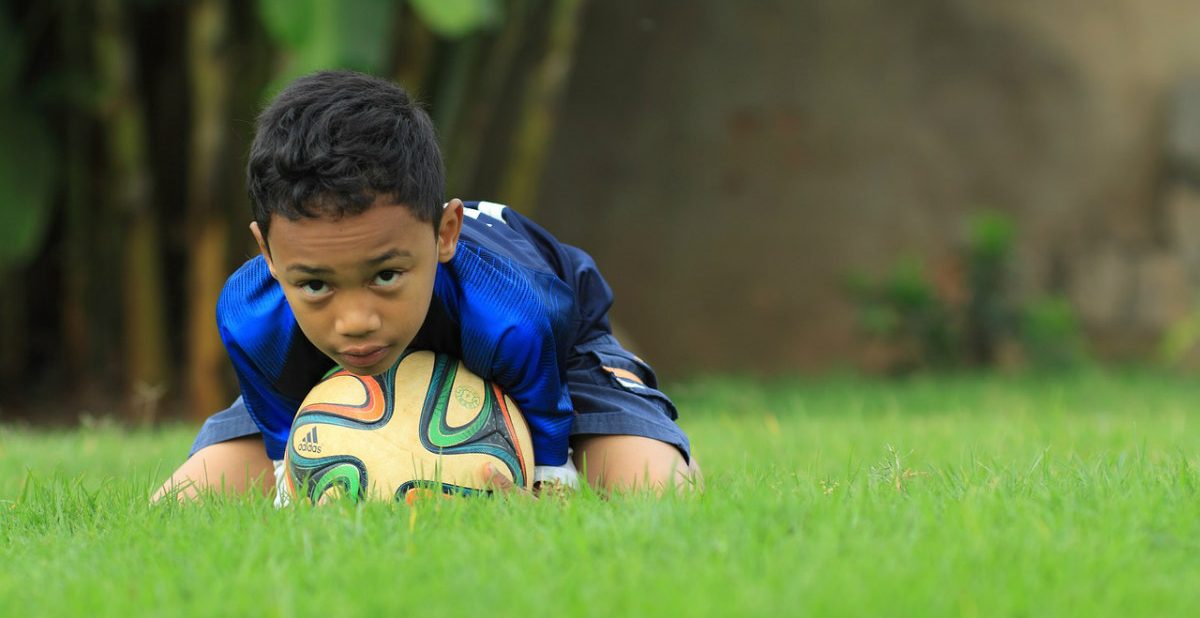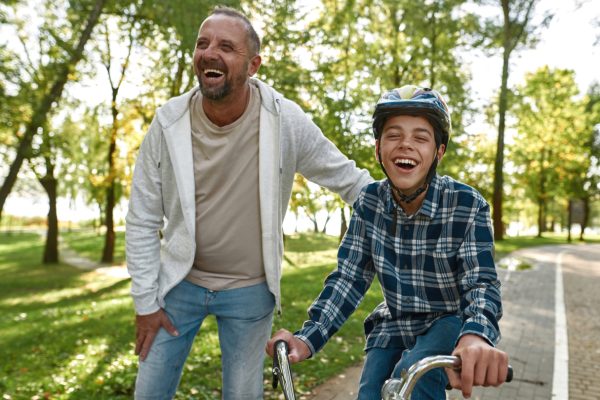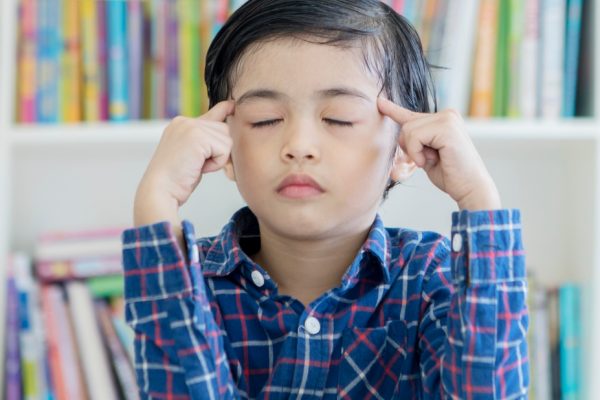
The link between movement and academic performance
By Marga Grey, MSc, OT
The relationship between exercise and academic performance has long been of interest, but with mounting pressure on schools to hit academic milestones, break-time and PE lessons are increasingly at risk in favour of lengthening traditional academic blocks.
Science and research suggest, however, that cutting back on PE is not the answer. In fact, it could be making the problem worse.
Only in the past 10 years or so have some of the connections between coordination/motor skills and cognition become clearer. Specifically, research points towards the fact that academic achievement is heavily influenced by visual motor coordination and attention span.
HOW PHYSICAL ACTIVITY PROMOTES MENTAL HEALTH AND LEARNING
Of course, we all know the importance of regular physical activity for our children. Cardio-respiratory benefits, bone density, lower instances of chronic degenerative diseases, strength, endurance, flexibility, motor skills coordination and agility – not to mention emotional well-being, self-confidence, and helping with social bonding among peers. All these benefits are promoted simply through regular exercise.
But did you know that physical exercise also improves brain function and learning?
When aerobic exercise gets you panting in order to bring in more oxygen to your muscles, it also means that your brain is getting a boost of oxygen.
- Aerobic exercise affects parts of the brain where learning take place:
- Exercise releases norepinephrine, a chemical responsible for focus, alertness, and sleep patterns.
- It also releases serotonin, which is responsible for memory, learning, regulating sleep and mood patterns.
- Exercise also promotes the release of a protein that stimulates the part of the brain vital to learning and memory (brain derived neurotrophic factor).
- One of the brain’s responses to physical exercise is an increase in the size of the hippocampus – the learning centre of the brain.
- The brain’s prefrontal cortex also grows during physical activity, a part of the brain responsible for self-regulation and emotional control in social situations. (The direct correlation between emotional control and academic performance was revealed in a study of over 1000 students over the course of 30 years!)
As you can see, your brain actually changes physically and chemically during physical exercise. A healthy, well-developed brain, coupled with an ability to focus, stay alert, get adequate sleep, and emotionally self-regulate, all directly help children in the classroom.
CERTAIN MOTOR SKILLS AND COORDINATION EXERCISES IMPROVE COGNITION
Several scientific studies have demonstrated a relationship between specific sets of motor skill activities and improved brain function. It turns out that the neural networks used during motor skill coordination are all within the same network of pathways used by the brain to assist the learning process and memory. This discovery around the year 2000 opened up the door to an onslaught of investigations linking motor coordination and academic performance.
Over the past 10-15 years, the results show:
- Fine motor skills in preschoolers are a strong predictor of later reading and maths achievement.
- Bilateral body coordination improves fluid intelligence (logical thinking and problem-solving).
- Fine motor skills affect visual processing and visual perception, which were both directly correlated to academic achievement.
- Parts of the brain usually associated with motor activity actually light up simultaneously during certain cognitive tasks. That means there are neural connections made between the parts of your brain used to coordinate movement and those used to process learning.
The great news is twofold:
1. It only takes 15 minutes a day
2. Improvements are permanent
One study even showed that just 10 minutes of acute bilateral coordination exercises promoted more improvement in concentration and attention of school children than a normal physical education lesson with the same duration
Additionally, some of these changes, such as neural connections made, are permanent. So, a child who forms more neural connections during exercise will have those functions forever, just from having performed exercises that awaken connections in that part of the brain.
HOW DO WE HELP OUR CHILDREN IMPROVE ACADEMIC PERFORMANCE?
One way is simply to make sure our students and children are doing activities that develop motor skills and coordination.
Childhood development experts like myself are passionate and excited about this type of research. I’ve spent my career following this research and participating in the work to help children perform at their peak.
It’s overwhelming and confusing for parents to see their child struggle through school, so if something as simple as daily exercise done in specific routines can make a difference, then it’s worth it.
The programs developed by paediatric occupational therapists, are designed with all the latest research in neuroscience in mind, using sound neuro- developmental principles.
For example, the series we use at CoordiKids follows eight levels of advancement through each of the skills shown to improve academic achievement in routines of 15 minutes per day.
Level 1 – Movement Processing
Level 2 – Motor Skills
Level 3 – Brain Bridging (Bilateral Integration)
Level 4 – Laterality
Level 5 – Posture & Balance
Level 6 – Rhythm
Level 7 – Praxis
Level 8 – Applied Sensory Motor Skills
There are also many activities you can find online to do with your children
in your daily routine or playtime to incorporate these types of movement. (Pinterest always has great inspiration!). By following such a routine, your child’s body and brain learn to work together efficiently and automatically you’ll see improved social interaction, self-esteem and confidence, better concentration, less fidgeting during class, and overall improvement in memory and learning abilities.
A child with a disability will benefit as much from exercise and movement as any typically developing child. I have seen gains in self-regulation, physical movement skills, self-confidence and emotional maturity in many children after embarking in appropriate exercise programs.
Marga Grey (MSc OT) is a pediatric occupational therapist with a keen interest
in children and their families. She is CEO in charge of program developing at CoordiKids – www.CoordiKids.com. Marga also provides therapy at Tyack Health, a multi-disciplinary private practice in Brisbane.








